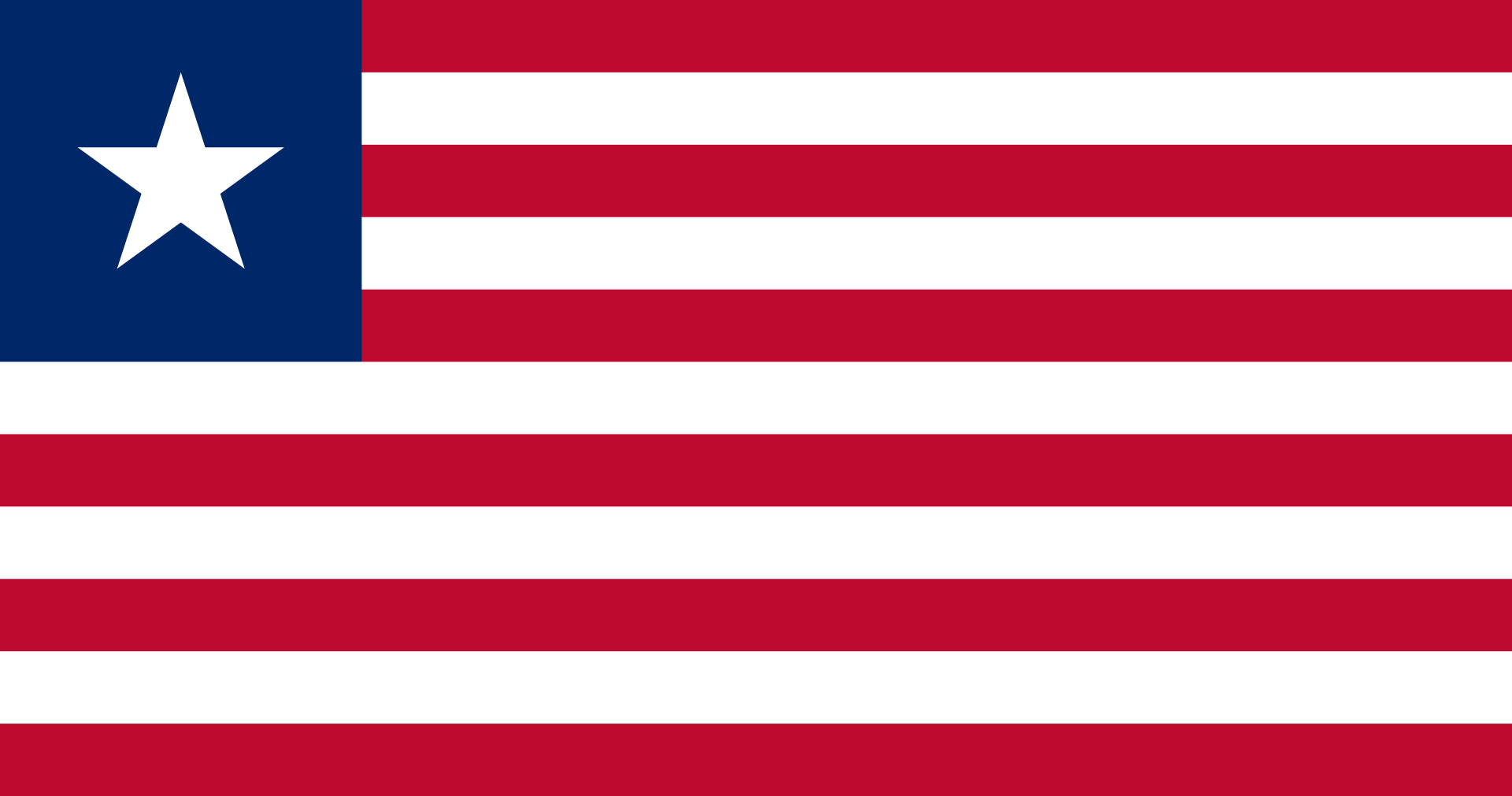Population
85,590,401
Last updated:
1 NovArea
783,356 km2
Last updated:
1 NovCurrency
Turkish lira (₺) (TRY)
Last updated:
1 NovOfficial Language
Turkish
Last updated:
1 NovPhone code number
+90
Last updated:
1 NovInternet TLD
.tr
Last updated:
1 NovAverage monthly salary
1,300 $
Last updated:
1 NovTotal millionaires
115,473 persons
Last updated:
1 NovTotal billionaires
27 persons
Last updated:
1 NovMilitary power
Passport rank
57
Last updated:
1 NovVisa free
110 country
Last updated:
1 NovReligions in Turkey
Muslim (89.5%)
Irreligion (Deism) (4.5%)
Irreligion (Agnosticism) (2.7%)
Irreligion (Atheism) (1.7%)
Other Religions (Christianity, Baháʼí Faith, Judaism, Tengrism, Yazidism) (0.5%)
Unanswered (1.7%)
Info about Turkey (History)
Turkey is a transcontinental country located mainly on the Anatolian Peninsula in Western Asia, with a smaller part in Eastern Thrace in Southeast Europe. Borders Greece and Bulgaria in the northwest; The Black Sea in the north; Georgia to the northeast; Armenia, Azerbaijan and Iran in the east; Iraq to the southeast; Syria and the Mediterranean Sea in the south; and the Aegean Sea to the west. Turks make up the overwhelming majority of the country's population, while Kurds are the largest minority. The capital of Turkey is Ankara, and its largest city and financial center is Istanbul (the capital of the empire until 1923).
Today's Turkey, one of the first permanently inhabited regions in the world, was home to important Neolithic sites such as Göbekli Tepe and was inhabited by ancient civilizations such as the Hatti, other Anatolian peoples and the Mycenaean Greeks. After the conquests of Alexander the Great, which marked the beginning of the Hellenistic period, most of the ancient regions of modern Turkey were culturally Hellenized, which continued into the Byzantine era. Seljuk Turks began migrating in the 11th century, and the Sultanate of Rum ruled Anatolia until the Mongol invasion in 1243, when it disintegrated into small Turkish principalities. Beginning in the late 13th century, the Ottomans united the principalities and conquered the Balkans, and the Turkization of Anatolia intensified during the Ottoman period. After Mehmed II conquered Constantinople (Istanbul) in 1453, Ottoman expansion continued under Selim I. During the reign of Suleiman the Magnificent, the Ottoman Empire became a world power. From the end of the 18th century, the power of the empire began to decline with the gradual loss of territories. Mahmud II began a period of modernization at the beginning of the 19th century. The Mladotur Revolution of 1908 limited the sultan's power and restored the Ottoman parliament after a 30-year hiatus, bringing the empire into a multi-party period. The coup d'état of 1913 put the country under the control of three pashas, who contributed to the entry of the Empire into the First World War as part of the central powers in 1914. During the war, the government of the Ottoman Empire committed genocide against its Armenians, Assyrians and Pontic Greek subjects. After the defeat in the war, the Ottoman Empire was divided. The Turkish War of Independence against the occupying Allied Powers led to the abolition of the Sultanate on November 1, 1922, the signing of the Treaty of Lausanne (which replaced the Treaty of Sevres) on July 24, 1923, and the proclamation of the republic on October 29. 1923 Following the reforms initiated by the country's first president, Mustafa Kemal Ataturk, Turkey became a secular, unitary and parliamentary republic. Turkey played a prominent role in the Korean War and joined NATO in 1952. The country has experienced several military coups in the second half of the 20th century. In the 1980s, the economy was liberalized, resulting in stronger economic growth and political stability. The parliamentary republic was replaced by a presidential system through a referendum in 2017. Since then, Turkey's new government system under President Recep Tayyip Erdogan and his party, the AKP, has often been described as Islamist and authoritarian.
Turkey is a regional power and a new industrial country with a geopolitically strategic position. Its economy, which is ranked among the emerging market and top-growth economies, is the 20th largest in the world in terms of nominal GDP and eleventh largest in terms of PPP. He is a charter member of the United Nations, one of the earliest members of NATO, the IMF and the World Bank, and a founding member of the OECD, OSCE, BSEC, OIC and G20. Becoming one of the first members of the Council of Europe in 1950, Turkey became an associate member of the EEC in 1963, joined the EU Customs Union in 1995 and began accession negotiations with the European Union in 2005.
Important information about Turkey
1- What is the population of Turkey?
answer: The total population of Turkey is 85,590,401 in 2021.
2- Who is the president of Turkey?
answer: Recep Tayyip Erdoğan is the current president of Turkey.
3- What is the area of Turkey?
answer: The total area of Turkey is 783,356 km2 .
4- What is the official language of Turkey?
answer: The official language of Turkey is Turkish .
5- What is the currency of Turkey?
answer: The currency of Turkey is Turkish lira (₺) (TRY) .
6- How much is the average salary in Turkey?
answer: The average salary in Turkey is 1300$ in 2021.
7- What is the passport rank of Turkey?
answer: The passport rank of Turkey is 57 in 2021.
8- How many countries we can travel with passport of Turkey without visa?
answer: You can travel to 110 countries with passport of Turkey .
9- What is the phone number code of Turkey?
answer: The phone number code of Turkey is +90 .
10- What is internet TLD of Turkey?
answer: The internet TLD of Turkey is .tr
11- How many billionaires are in Turkey?
answer: The total number of billionaires in Turkey is " 27 person" in 2021.
12- How many millionaires are in Turkey?
answer: The total number of millionaires in Turkey is " 115,473 person" in 2021.





